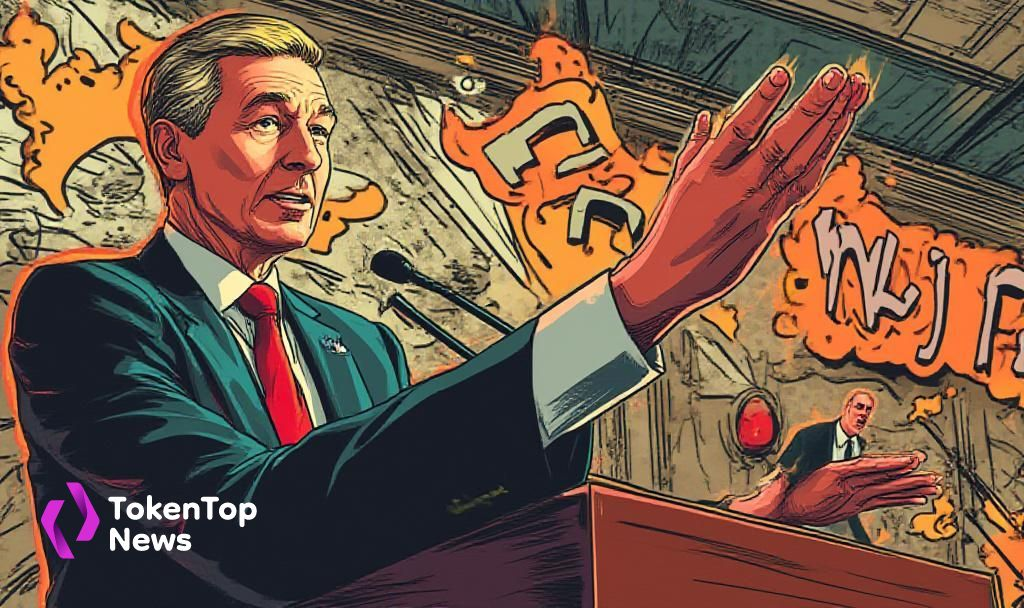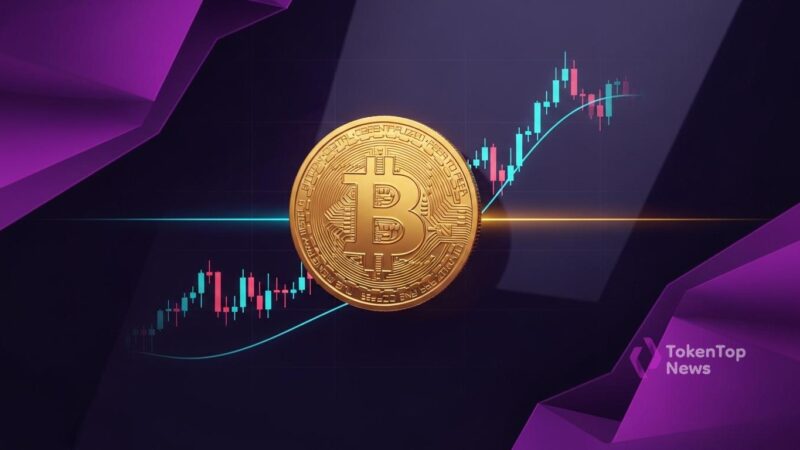US Treasury Urges Debt Ceiling Action Amid Summer Deadline
- Main event, leadership changes, market impact, financial shifts, or expert insights.
- Debt ceiling deadline affects financial markets.
- Potential safe-haven demand for BTC.

Scott Bessent, US Treasury Secretary, has called on Congress to address the looming debt ceiling deadline set for this summer.
Bessent’s urgency underscores potential economic impacts if the debt ceiling isn’t addressed, leading to market volatility across cryptocurrencies.
In May, Treasury Secretary Scott Bessent urged Congress to increase the debt ceiling by mid-July amidst fiscal concerns. He stated that the US would never default, using this stance to quell market fears.
“Therefore, I respectfully urge Congress to increase or suspend the debt limit by mid-July, before its scheduled break, to protect the full faith and credit of the United States.” – Scott Bessent
Key parties involved include Scott Bessent and former Treasury Secretary Janet Yellen, who had previously outlined measures to manage the debt ceiling issues. Extraordinary measures have been initiated to cope with fiscal constraints.
Market volatility typically rises during debt ceiling debates, historically affecting Bitcoin and Ethereum. Investors often seek safe assets during such times, potentially benefiting cryptocurrency markets.
While the debt ceiling crisis does not directly fund the crypto market, uncertainty influences risk asset pricing. Stablecoins may experience increased trades or volatility.
Financial outcomes depend on Congress’s actions in addressing the ceiling. Historically, BTC and ETH have seen short-term gains. Signs point to liquidity fluctuations in stablecoins, contingent on fiscal resolutions reached by mid-July.




